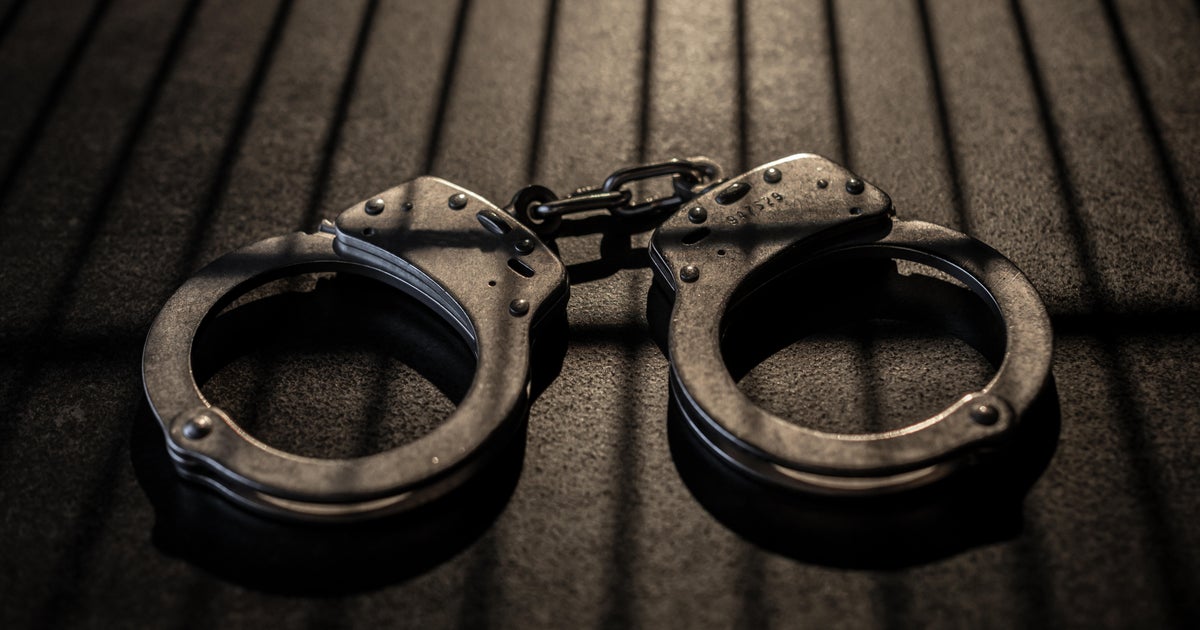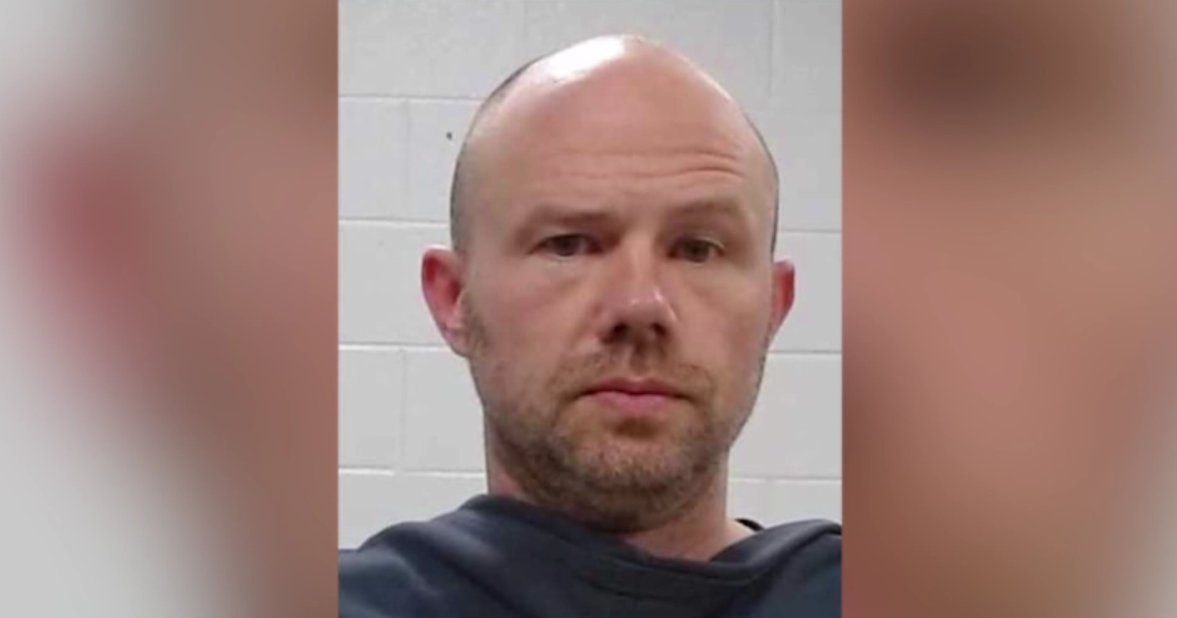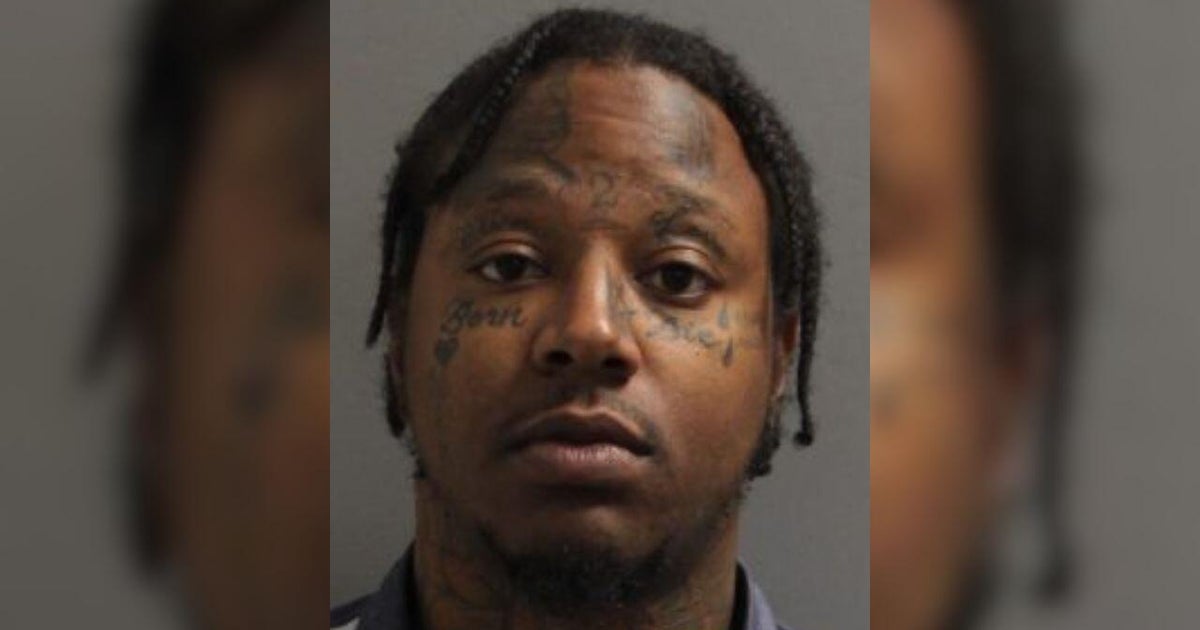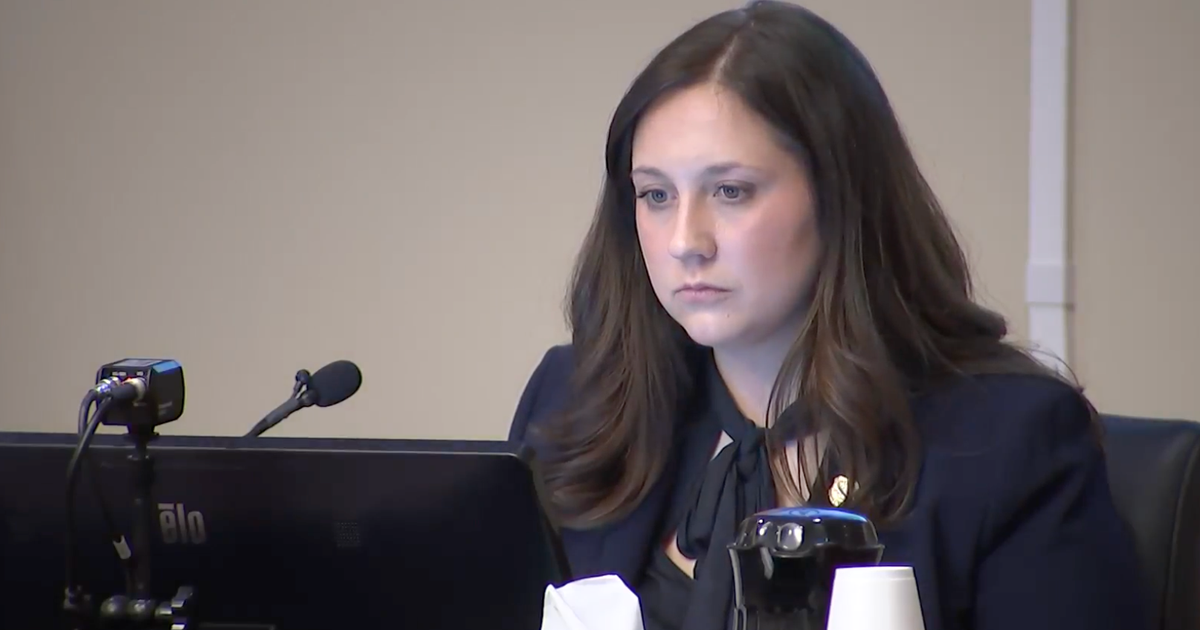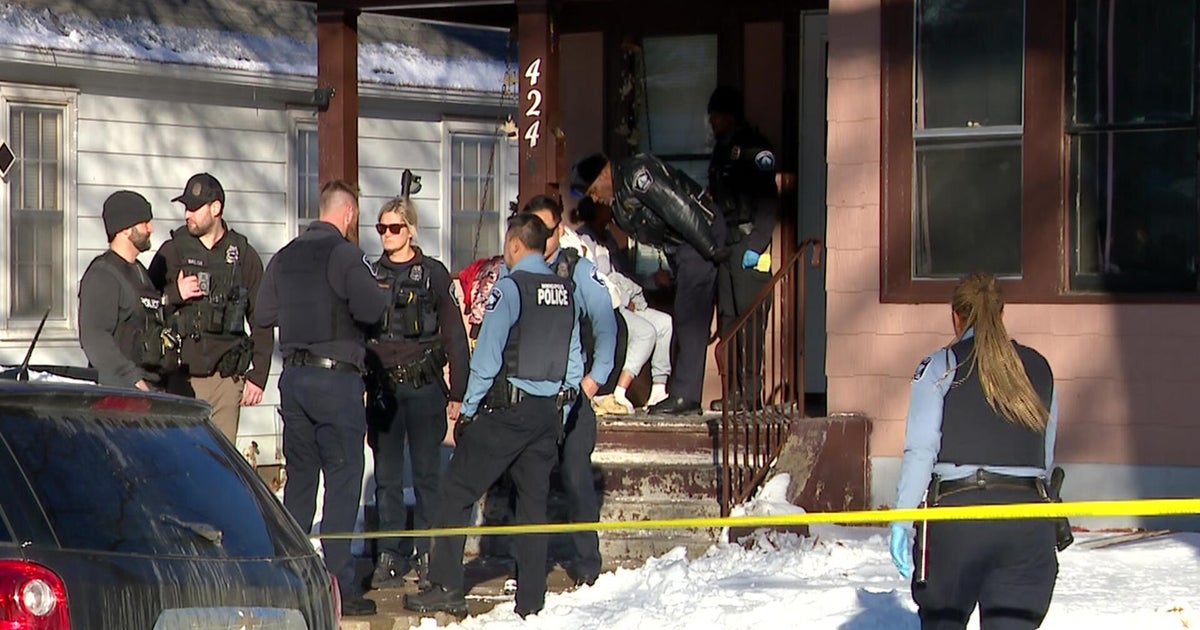Police Commander Glenn Evans Acquitted Of Brutality Charges
Updated 12/14/15 - 11:59 a.m.
CHICAGO (CBS) -- A Chicago police commander has been acquitted of all charges for allegedly shoving a gun in a suspect's mouth two years ago.
Cmdr. Glenn Evans had been charged with two counts of aggravated battery and seven counts of official misconduct, for allegedly shoving his gun in the mouth of 25-year-old Ricky Williams, and pressing a stun gun against Williams' groin, after a foot chase in 2013.
Cook County Judge Diane Cannon said Williams' testimony about the alleged brutality was wildly inconsistent, and not believable. She noted Williams could not identify Evans in a lineup, and only ever identified him by name, which he admitted getting from the Internet with the help of his girlfriend.
"His testimony taxes the gullibility of the credulous," Cannon said, adding that Williams was "eager to change his testimony at anyone's request to accommodate the evidence."
The judge noted Williams initially claimed the officer who allegedly shoved a gun in his mouth was Hispanic, but later pointed the finger at Evans, who is black. Cannon also pointed out Williams at one point said the gun was all black, with no silver, but she said Evans' service weapon was silver with a black grip.
"Ricky Williams is not unbelievable because he is a two-time convicted felon. His testimony was … unreasonable, improbable, and contrary to human experience," she said.
Podcast
Cannon also noted Williams did not have any visible injuries after the incident, and that his clothes were "pristine," even he claimed Evans and other officers threw him to the ground and beat him on the floor of a filthy vacant apartment.
"It is impossible to have lied face down in this filth, and been punched, and not have any sign on your face or clothing," she said.
While prosecutors argued DNA evidence found on Evans' gun proved he shoved the weapon in Williams' mouth, Cannon said the DNA evidence was "of fleeting relevance or significance," because it was so-called "touch" evidence, meaning it could have come from Evans touching Williams, and then touching his gun.
Williams testified Evans shoved his gun so far down his throat, he gagged and later spat up blood. However, state experts testified they could not determine if the DNA evidence found on the gun barrel came from saliva or Williams' hand.
Defense attorney Dean Morask said there was no evidence to support Williams' claim about the gun.
"The evidence was that the whole gun was swabbed, and the experts could not tell from what portion of the gun any of the DNA came," he said. "The public needs to understand that."
Defense attorney Laura Morask said the DNA that was found on the gun was minimal.
"There was so much incidental contact in the testimony, as to him getting handcuffed, and the struggle over the handcuffs, and refusing to show his hands," she said. "When the state said massive quantities, this is microscopic. This isn't dripping."
After Evans' acquittal, Cook County State's Attorney Anita Alvarez stood by the decision to charge him in the case.
"This case underscores the reality that it is extremely difficult to convince judges or juries in Cook County and around the country to convict police officers of misconduct in the line of duty, despite the fact that this victim made an immediate outcry and we had DNA evidence to support our case," she said in a statement Monday afternoon.
At trial, prosecutors claimed Evans tried to get rid of evidence by wiping down his service weapon before handing it over to check for DNA. Evans' attorney, Laura Morask, called Williams' claims "preposterous."
Stephan Blandin, who represents Williams in a civil lawsuit against Evans and the city, said he was shocked by Cannons' ruling.
"We have wondered why Commander Evans would waive his constitutional right to a jury trial. Now we know. Judge Cannon went out of her way to put the victim on trial in this case," he said.
Blandin said they will push forward with the federal lawsuit against Evans.
Evans' attorneys insisted he did nothing wrong that night.
"This is not a case of police brutality, or alleged police brutality, this is a case of a guy doing his job, and we need commanders like that," Laura Morask said.
Evans' trial comes at a time when the Chicago Police Department is under intense scrutiny amid allegations of cover-ups and police misconduct in the wake of the fatal police shooting of 17-year-old Laquan McDonald in October 2014. That fact was not lost on Cannon as she issued her ruling Monday.
"This is not a good time for police misconduct. A lot of people have said that. It's not a good time to try a case like this. I say to you it's never a good time to have a police misconduct case," she said.
Evans has been on desk duty since he was charged in the case. It was not immediately clear if he would be allowed to return to active duty. An Independent Police Review Authority investigation of the case has yet to be completed.

